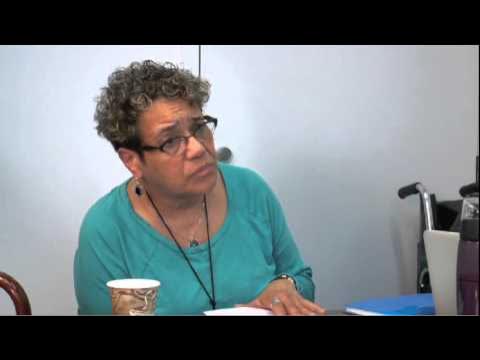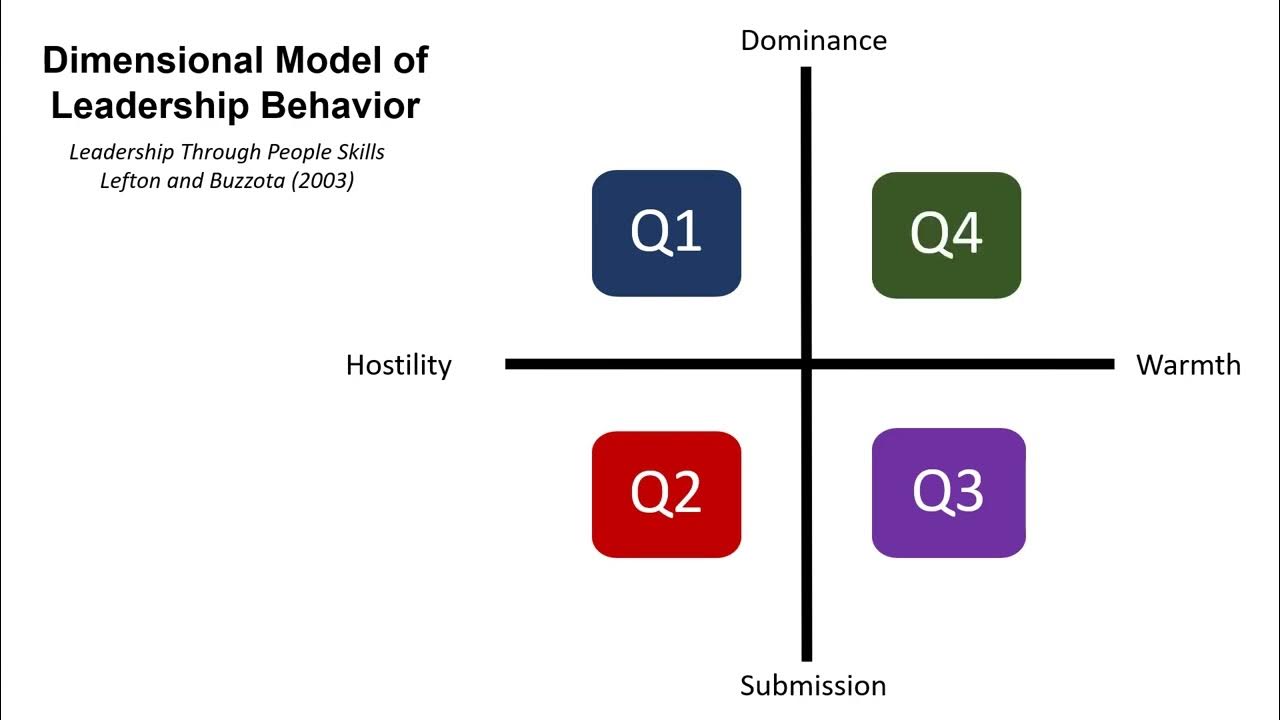Teamwork in Healthcare
Summary
TLDRThis video explores the impact of teamwork in healthcare, particularly in stroke units across Canada. It features a dance class for stroke survivors and their carers, emphasizing the benefits of a collaborative approach among doctors, nurses, and other professionals. The video discusses the evidence for teamwork's positive effects on patient outcomes and safety, despite debates on the quality of such evidence. It also highlights the challenges of implementing teamwork, such as professional territoriality, and the need for rigorous evaluation to ensure effective and efficient healthcare delivery.
Takeaways
- 💃 Stroke survivors and their caregivers benefit from activities like dance classes, enhancing their quality of life.
- 🤔 The effectiveness of a teamwork approach in healthcare is being promoted in Canada, despite limited evidence of its impact on morbidity and mortality.
- 🏥 Canadian governments are investing heavily in promoting teamwork in healthcare, hoping it will benefit both patients and professionals.
- 🔄 The transformation from individual siloed professionals to integrated teams is seen as a positive change in healthcare delivery.
- 👥 Stroke care exemplifies the need for a multidisciplinary team approach, as no single professional can meet all patient needs alone.
- 🚸 Effective teams are characterized by clear purpose, good communication, conflict resolution mechanisms, and a patient-centered focus.
- 📈 A report suggests that coordinated and collaborative health professionals can improve patient care, safety, and reduce staff burnout.
- 👩⚕️ The interprofessional care model is being taught to students as a way to improve patient-centered care.
- 🗣️ There is a call for better communication and collaboration among different healthcare professionals to enhance patient recovery.
- 🧐 Critics argue that there is insufficient evidence to support the push for teamwork in healthcare and advocate for more rigorous evaluation.
- 🌟 Despite skepticism, there is optimism that teamwork can improve healthcare, and efforts are being made to integrate it into professional training.
Q & A
What is the primary benefit observed for stroke survivors and their carers from attending the Friday morning dance class?
-The primary benefit is that it greatly enhances their quality of life and independence, as it helps them to dress and walk independently.
What is the debate surrounding the teamwork approach in stroke units across Canada?
-The debate is whether the teamwork approach can improve patient outcomes in terms of morbidity and mortality, despite the lack of strong evidence supporting its effectiveness.
How does the Canadian government's investment in teamwork in healthcare align with the available evidence?
-The Canadian government is investing tens of millions of dollars in promoting teamwork in healthcare with the hope of benefiting patients and professionals, despite the limited evidence of its effectiveness.
What is the significance of the Toronto Rehabilitation Institute's approach to stroke treatment?
-The institute has developed a national reputation for working as an effective team, emphasizing that no single professional can meet the needs of a stroke patient alone.
What are the key characteristics of an effective team according to the Canadian Health Services Research Foundation's report?
-An effective team has a clear purpose, good communication, mechanisms for conflict resolution, and places the patient at its central focus.
What is the role of interprofessional care in the context of the stroke team?
-Interprofessional care, more formally known as teamwork, is a key approach being taught and modeled within the stroke team to improve patient-centered care.
What is the main challenge faced by Carol Lauren in her recovery from a stroke?
-Carol faced a lack of teamwork and communication among different parts of the healthcare system, which she believes hindered her recovery.
What is the primary goal of the national push to bring teamwork into the healthcare system?
-The primary goal is to improve patient care, enhance patient safety, and reduce staff burnout by promoting coordination and collaboration among health professionals.
What is the skepticism regarding the promotion of teamwork in healthcare based on?
-The skepticism is based on the lack of research demonstrating improved outcomes for patients and staff as a result of improved teamwork.
What is the main argument of Dr. Merrick's team against the hasty implementation of teamwork in healthcare?
-Dr. Merrick's team argues that there should be more evaluation and rigorous testing of different approaches to teamwork to ensure that investments are not wasted on ineffective methods.
What is the potential impact of teaching interprofessional teamwork to future healthcare practitioners?
-Teaching interprofessional teamwork can prepare future healthcare practitioners to practice in a patient-centered manner, fostering better collaboration and potentially improving patient outcomes.
Outlines

Этот раздел доступен только подписчикам платных тарифов. Пожалуйста, перейдите на платный тариф для доступа.
Перейти на платный тарифMindmap

Этот раздел доступен только подписчикам платных тарифов. Пожалуйста, перейдите на платный тариф для доступа.
Перейти на платный тарифKeywords

Этот раздел доступен только подписчикам платных тарифов. Пожалуйста, перейдите на платный тариф для доступа.
Перейти на платный тарифHighlights

Этот раздел доступен только подписчикам платных тарифов. Пожалуйста, перейдите на платный тариф для доступа.
Перейти на платный тарифTranscripts

Этот раздел доступен только подписчикам платных тарифов. Пожалуйста, перейдите на платный тариф для доступа.
Перейти на платный тарифПосмотреть больше похожих видео

M4. Interprofessional Communication: Scene 4A

Collaborative Teamwork

Health challenges faced by the homeless

Country Health SA - Showcasing Technology in Healthcare

Healthcare Job in Canada After MBBS, MD, MS, BDS, MDS, BPT, MPT, BUMS, BHMS, BPharma, | Hindi | 2022

IPE Core Competency Domain 2: Roles/Responsibilities
5.0 / 5 (0 votes)
